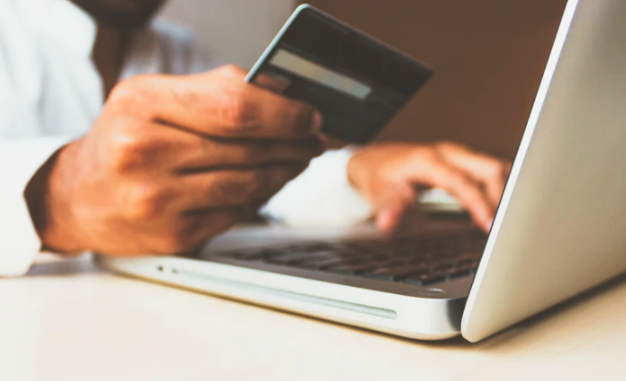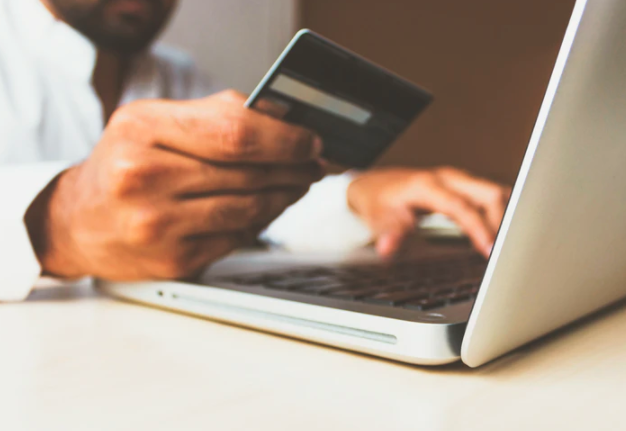
Online payments are convenient and common, but how can you be sure that your transactions are secure and that your bank details are safe?
Your passwords, identity, and money can fall into the hands of cybercriminals if even the smallest loophole exists in the payment process.

Check the URL of the site
Whether for your online bank or a merchant site, enter its URL directly if possible, or check that it corresponds to the expected site and that the payment page is in HTTPS. Do not access the site by clicking on a link in an email, a message on social networks or discussion forums, banner ads on unreliable sites, or sent by people you do not know.
Learn to recognize a phishing attempt
This email consisting of making you believe that a serious organization (banking etc.) writes to you to ask you to update your coordinates, change your password, or other, is a plague. We often receive several a day, from the fake lottery to taxes, all the pretexts and all the organizations are used to trap us.
In general, the email invites you to update your details, to pay an amount supposedly due, to recover an overpayment, or to go to a site to carry out a requested transaction, all in order to steal money from you. Money or your identity. Learn to recognize them so as not to fall into the trap.
Can you recognize phishing? Take the test with the Google quiz
Use an encrypted connection
As soon as personal data must be entered, the URL of the page must be in HTTPS or display a small padlock in the address bar of the browser. By clicking on it, you will be able to see the information relating to the SSL authentication certificate issued for the site.
Beware of questionable sites
Inquire about the merchant site before making the purchase. Many sites offer attractive products at bargain prices, but a simple search in your search engine can save you a lot of trouble.
Beware of drop shipping, these false tips
Do not broadcast email channels
Your friends send you files to have fun, to educate you… Do not open these attachments and do not participate in their distribution if you are not sure of their origin.
These are messages which come from friends or members of your family, contain slide shows (or videos, or images…) of landscapes, jokes, political messages, or others, and are distributed end masse in email boxes.
Certainly, a loved one sends it to you, but the message has passed through thousands of couriers before reaching him, then yours. No one knows who caused it, and no one knows if it does not contain hidden malware.
Use your computer and your internet connection
Do not use computers in public places for online banking. These devices can be infected with all kinds of malware.
And if you use your personal computer, avoid carrying out transactions over a public Wi-Fi network: data passing through these networks can be intercepted by third parties.
To be able to use these public Wi-Fi networks safely, you need the Fastest VPN and an anti-virus-firewall.
Learn more about the dangers of public Wi-Fi
Check the reliability of your operating system
While online dangers can be related to behavioral errors, being careful in your navigation and following all of the above advice is essential but not enough!
The security of your data also depends above all on reliable tools. Make sure your operating system and computer applications are up to date so that malicious programs cannot take advantage of a vulnerability to enter.
Do not make purchases from a mobile or tablet
Unless your mobile or tablet is equipped with suitable security solutions, do not use them to make your purchases. Many times, data theft victims forget that a smartphone is a handheld that needs to be protected like a desktop computer, and hackers know it. Mobile devices are particularly attacked for stealing your personal data with complete discretion.
Install parental controls
To protect your children from the dangers of the internet of course, and to avoid the uncontrolled purchases they could make on platforms, applications, or potentially dangerous sites.
Update your security software
Antivirus and firewall must absolutely be installed and updated regularly on all your devices to protect you from viruses, worms, ransomware, Trojans…
Security software updates itself most of the time, so you don’t even have to worry about it. They are there to protect you from malicious sites, protect your personal and banking data, prevent malware from attacking you, protect your children’s browsing.